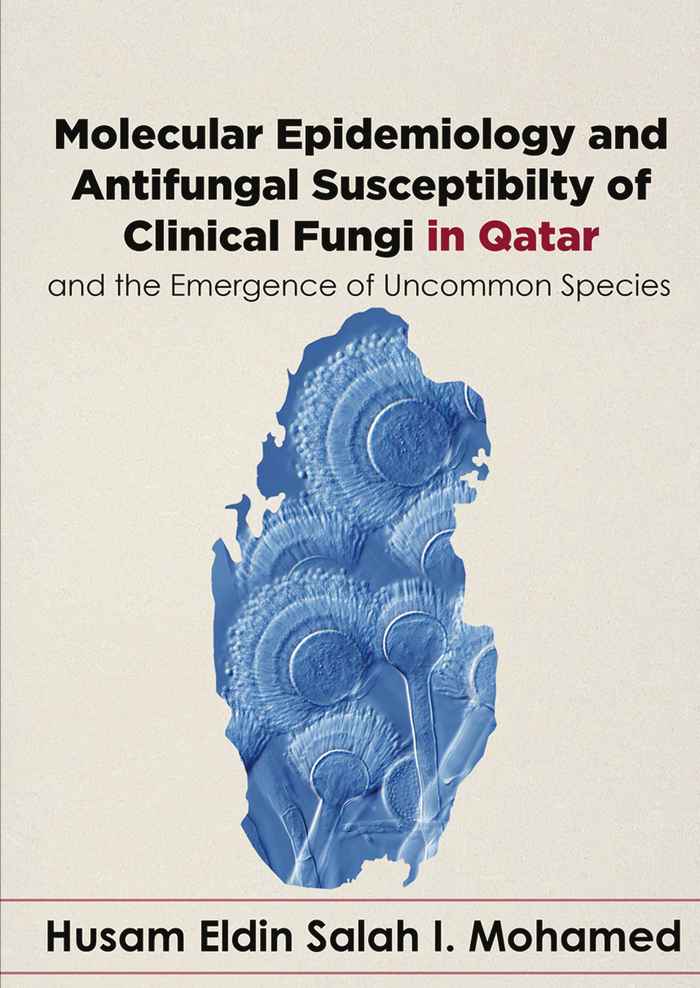PhD defence ceremony Husam Eldin Salah Ismail Mohamed
- Date
- 12 April 2023
- Time
- 11:00
- Location
- Aula - Lutherse kerk

Epidemiology and antifungal susceptibility of clinical fungi in Qatar, and the emergence of uncommon species
Fungal infections are on the rise globally owing to an expanding number of immunocompromised and critically ill patients. Fungi are currently among the leading causes of invasive bloodstream infection in hospitalized patients, with significant morbidity and mortality rates, particularly in patients with cancer, AIDS, and organ transplants across the world. The high mortality linked with invasive fungal infections is of concern as this often exceeds 50%. Surveillance for fungal diseases is necessary to determine their prevalence and trends, as well as to assess therapies, and identify emerging pathogens. In comparison to other parts of the world, the regional epidemiology of clinical fungi in the Middle East is poorly understood. Therefore, the aim of this thesis firstly is to estimate the prevalence and epidemiology of fungi that cause human diseases in Qatar using molecular techniques and to analyze the antifungal susceptibility patterns of the most common fungal pathogens (Candida, Aspergillus, and Fusarium spp.). Secondly, conventional identification of filamentous fungi is often time-consuming and requires expertise to discern morphological features of various genera. Although MALDI-TOF MS has revolutionized the field of clinical microbiology and is currently used routinely in many clinical laboratories for the identification of bacteria and yeasts, there are challenges when applied to filamentous fungi. Therefore, an alternative method to the liquid cultivation recommended by Bruker for the identification of molds using MALDI-TOF MS has been proposed to improve the identification of Aspergillus spp., which may be applied to other molds as well.
